Lei Feng: press author: Yu Xinlie, automotive industry practitioners.
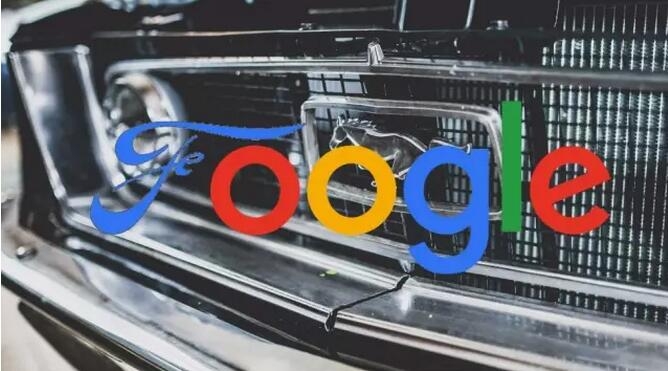
The day before yesterday Ford released a big news, five years after the listing of truly unmanned cars.
A gesture by jalopnik made me laugh for a long time. When Ford CEO Mark Fields announced the driverless car plan, it seemed quite awkward.
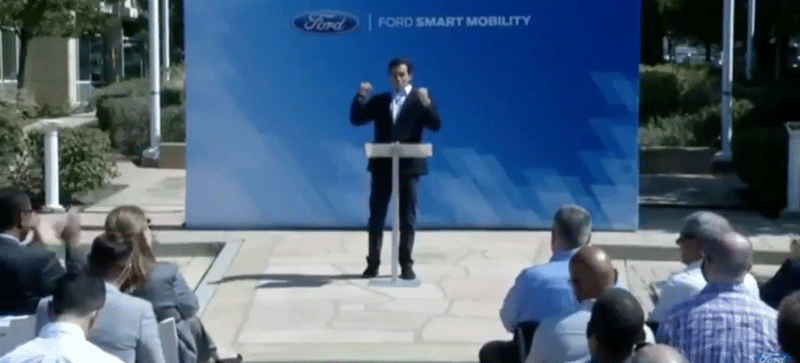
There is a pile of foreign media coverage of this news, almost all use the following picture.
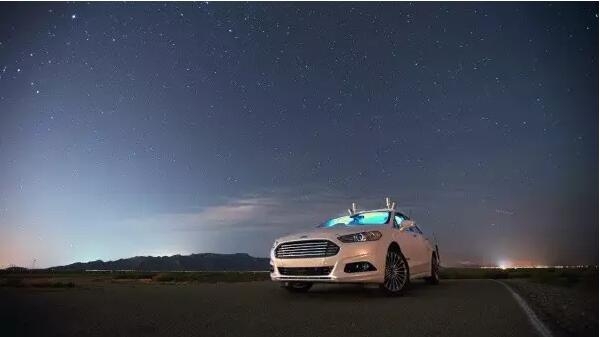
I also talked about this picture yesterday when I chatted with a Ford sister. With the sky as background, it's a little bit of our journey is the taste of the stars and the sea. It's pretty good looking.
I made a big picture of Zhang Hsing, and the students in need to go to the author's public number to reply "Fuxing" to pick himself.
After Ford announced its 2021 plan, Mr. Yu, who lives in Xicheng District, judged that Ford would definitely come with Google.
1, identityIn simple terms, Ford and Google agree on a driverless car: Drivers must drive the car completely autonomously, without the need for steering wheels, brakes, and drivers.
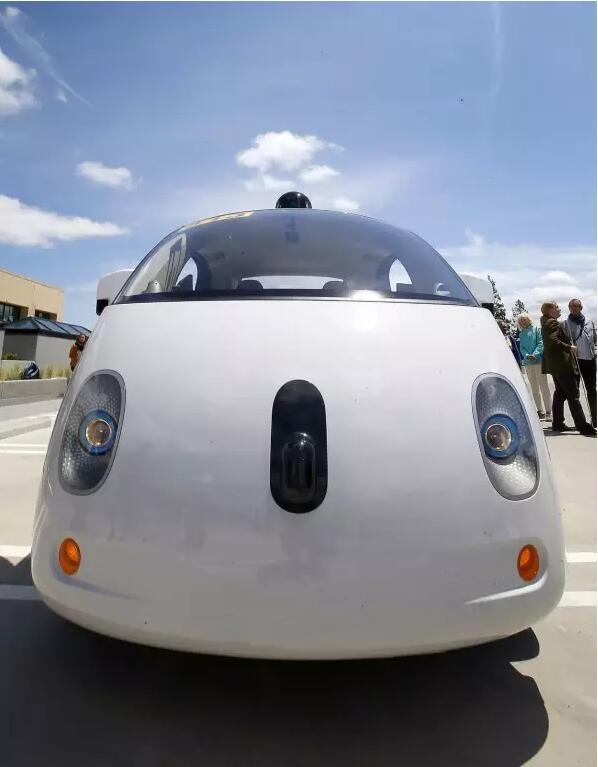
The plans of other car companies are that if a car takes over while driving without a driver, humans will change back to the driver when they want to drive . Steering wheel, brake pedal, nothing is missing. Even Tesla, which is considered a radical project, is also true.
I quite agree with this plan. In the same car, there are hidden dangers in switching between different modes. At least for some people it is dangerous.
In addition to product-level recognition, there is also a corporate culture identity.
Ford is a strong car company founder. This is rare in the traditional automotive industry.
The Ford family, represented by Bill Ford, has a very high corporate voting power. That was exactly the time when he was in a row to dig Alan Mulally from Boeing as CEO.

It was with Bill Ford’s support that the company sold Jaguar, Land Rover, Volvo and other luxury brands and even mortgaged the Ford trademark before it could survive the financial crisis and became the only American car company that had not gone bankrupt.
Alan Mulally is still a Google board member.
2. Google has changedGoogle hired John Krafcik as the CEO of the driverless car, and Chris Urmson, the long-term chief executive, quit and left (rattering that he had a fight with Larry Page).
The former is a car industry insider who once served as head of Hyundai Motor North America and also worked at Ford. The latter is a scholar at Carnegie Mellon University.
Chris Urmson’s departure is seen as a firm determination of Google’s founders to accelerate the commercialization of driverless cars.
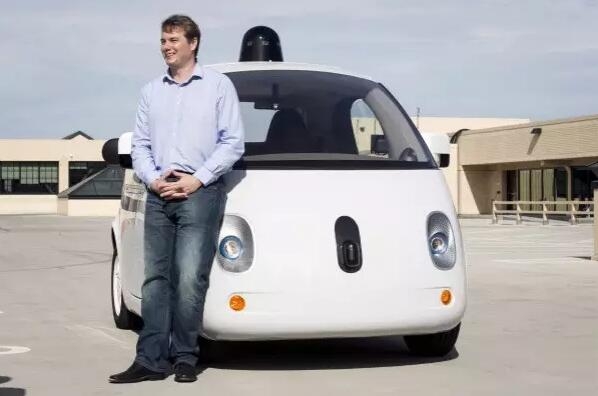
Google does not have car manufacturing capabilities and is not willing to enter the market for producing such heavy assets. It has been looking for car companies to become partners.
3, business modelFord had already thought very clearly that various reasons decided that individual users could not accept driverless cars for a short period of time.
This new technology needs to be applied to the taxi market first, and a reliable company to manage the fleet and services. This is a pragmatic approach to commercialization.
Google also expressed similar views.

The United States is the home base of Ford. Only Uber and Lyft can cooperate. As we all know, General Motors is a shareholder of Lyft and we recently hope to fully acquire Lyft. The two companies have also announced a driverless car cooperation program.
Ford only Uber, and Google is Uber's investor.
Although the relationship between Uber and Google is also very tangled, it is always easier to get closer than Lyft.
4, cooperation modeThe two companies can set up a joint venture company to produce cars built with Google’s driverless systems and even consider creating a new sub-brand.
Of course, Ford will not be willing to become a hardware foundry, it will try to learn from Google technology companies how to make products.
Ford's strategy has always been very good. In the Mulally era, it invested a great deal of resources to develop its own telematics system SYNC, which is a big step ahead of many automotive companies. However, the user experience of SYNC was not good enough and did not attract more users who prefer automotive technology.
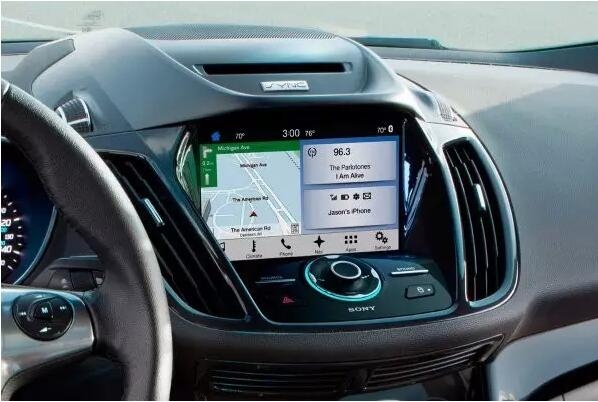
Ford hopes to become a travel service provider in the future instead of a manufacturer. In terms of how to improve the user experience, Ford can learn a lot from Google.
Zuckerberg, founder of Facebook, said that the investor’s words are very helpful to him:
In a world that changes so quickly, your biggest risk is not taking risks.
Don't you believe in my judgment? Tell me the reason in the comment area and let us wait and see.
Lei Feng Network (search "Lei Feng Net" public concern) Note: This article first author of the public "speed hormone", talk about electric cars, automotive electronics, driverless story. Reproduced please contact the authorization and indicate the source and the author, may not modify the article.